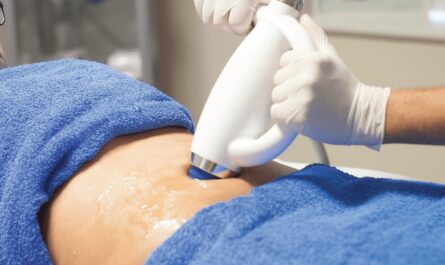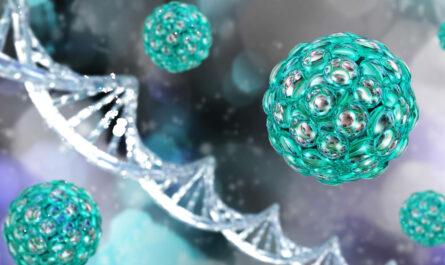Biotechnology Developments Enhancing Animal Agriculture
As animal agriculture continues expanding to meet the growing global demand for meat, eggs and dairy, biotechnology researchers are developing new techniques and applications to help make animal production more sustainable and efficient. By enabling advances like disease resistance, increased productivity and reduced environmental impact, animal biotechnology holds great potential to support global food security while conserving natural resources.
Gene Editing Offers Precise Solutions
One of the most promising new biotechnology tools is gene editing, which allows scientists to precisely modify animal genetics. Using techniques like CRISPR-Cas9, researchers can now precisely edit the DNA of livestock to remove or regulate specific genes. This allows the creation of animals with desired genetic traits while avoiding unwanted side effects. For example, scientists have developed pigs that are resistant to Porcine Reproductive and Respiratory Syndrome, a highly contagious virus that causes major economic losses for pork producers globally each year. By editing the animals’ genetics to disable the receptor for the virus, the modified pigs cannot contract the disease at all. Gene editing also shows promise for developing cattle, sheep and goats with enhanced feeding efficiencies, disease resistances or environmental benefits. With further research and regulation, gene editing could help revolutionize sustainable animal agriculture worldwide.
Increased Productivity Boosts Farm Profits and Food Supply
Another major focus of Global Animal Biotechnology is developing techniques to increase the productivity of livestock operations. Higher productivity means farms can produce more meat, milk or eggs using fewer animals and less land, water and feed resources – a triple win for farmers, consumers and the environment. For example, genetic markers have been identified that allow cattle and pig farmers to selectively breed only the most productive breeding stock. The offspring from these preferred animals reach market weights up to 20% faster compared to typical genetics. Biotechnologies are also enhancing animal nutrition. Supplementing cattle feed with microbes like yeast has been shown to improve weight gain and milk production. These kinds of productivity gains directly support increasing global meat consumption while limiting agriculture’s footprint.
Biotech Mitigates Environmental Impact
In addition to boosting yields, biotechnology applications are specifically targeting ways to lessen animal agriculture’s environmental impacts. Scientists are exploring genes and traits that enable livestock to use feed more efficiently and produce less methane, a potent greenhouse gas. Recent studies show selectively breeding cattle for improved feed efficiency can significantly reduce their annual methane emissions per pound of beef produced. Other research focuses on developing vaccines or feed additives to curb enteric methane production in ruminants’ digestive systems. Meanwhile, biotech solutions are enhancing manure management from large livestock operations, with developments like precise manure treatment and conversion technologies that recover valuable byproducts like fertilizer and renewable energy from animal waste. As further innovations emerge, biotechnology will continue playing a vital role in creating a more sustainable global food system.
Regulatory Harmonization Needed
While animal biotechnology shows enormous potential, achieving its full benefits will require aligning policies and regulations across major agricultural nations and trade blocs. The same biotech applications and resulting food products may face differing oversight and approval pathways in different jurisdictions, creating uncertainty and market access issues for global agribusinesses. International bodies like the World Organisation for Animal Health and Codex Alimentarius Commission are working to enhance regulatory convergence, but progress remains uneven. Moving forward, establishing a coherent, science-based and transparent global governance framework for new breeding technologies and their products will be crucial to fostering continued biotech innovation and its rewards. With collaboration between governments, industry and stakeholders, regulation can enable – rather than impede – biotechnology’s ability to help meet humanity’s growing need for sustainably-produced animal protein and dairy worldwide into the future.
Animal biotechnology is driving revolutionary advances with great potential to enhance global food security, sustainability and farm prosperity in the coming decades. By developing new disease-resistant and higher-yielding livestock, as well as solutions mitigating environmental effects, the field is well-positioned to support rising worldwide demand for meat, milk and eggs in an eco-friendly manner. However, achieving biotechnology’s full benefits will require continued research investment and coordinated international policies to ensure consistent regulation and open access to markets. With reasoned governance and cross-border cooperation, biotech innovation holds immense promise to benefit both farmers and consumers around the globe for many years to come.
*Note:
1. Source: Coherent Market Insights, Public sources, Desk research
2. We have leveraged AI tools to mine information and compile it.



